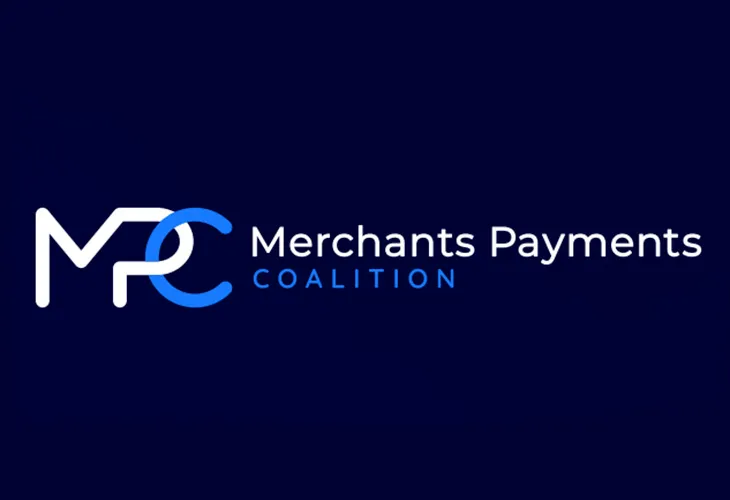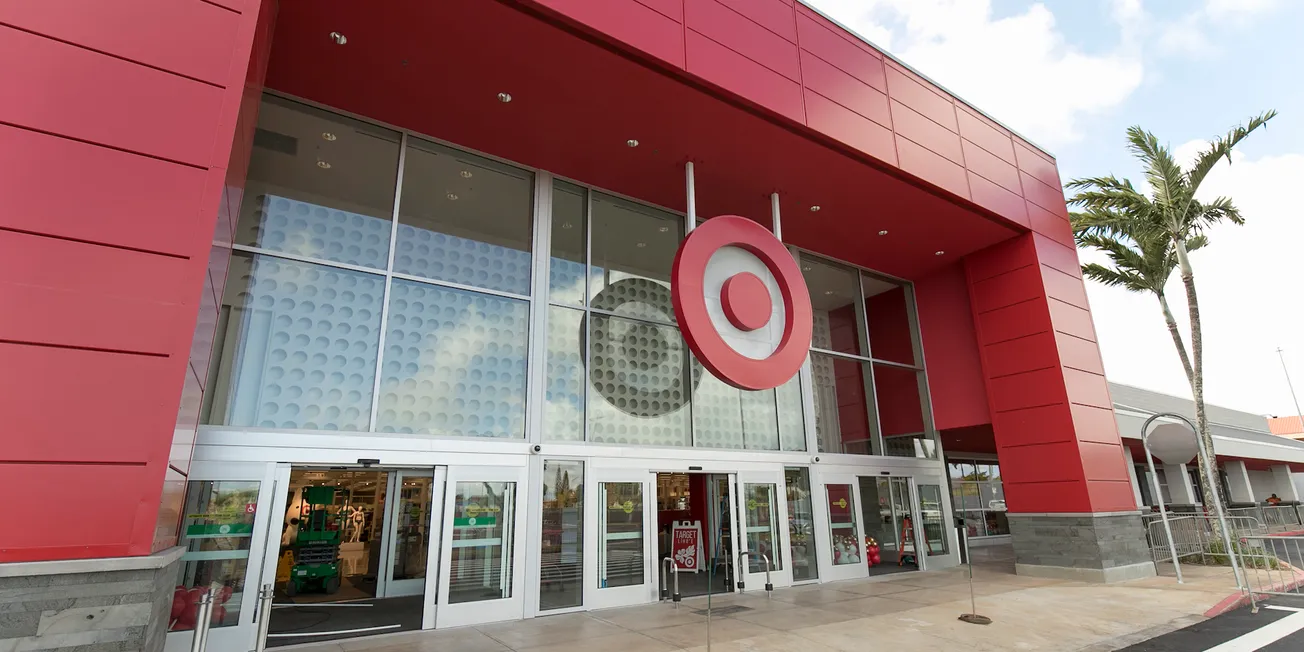WASHINGTON – The Merchants Payment Coalition has urged Congress to pass the Credit Card Completion Act after strong opposition from merchants voiced at a hearing today on a proposed class action settlement over Visa and Mastercard credit card “swipe” fees.
“As heard from merchants today, this proposed settlement does nothing to address the problem of how Visa and Mastercard centrally price fix swipe fees,” MPC Executive Committee member and National Grocers Association Senior Vice President of Government Relations and Counsel Christopher Jones said. “Instead, the settlement locks in cartel pricing. Every major merchant group has come out against this settlement, and everyone should see this proposal for what it is – a sham that will make the situation worse. We need competition to fix this broken market and that means passing the Credit Card Competition Act.”
Under the proposed agreement, Visa and Mastercard would lower credit card swipe fees – which averaged 2.26 percent of the transaction amount in 2023 – by at least four basis points for at least three years. But the settlement specifically allows Visa and Mastercard to increase the network fees they charge as much as they want at any time, wiping out any reduction in swipe fees.
While the case has been in court for nearly 20 years, the four basis-point reduction is illusory and would not come close to addressing the fact that the average rate has grown two dozen basis points, from 2.02 percent, since 2010, according to data from the Nilson Report.
Credit and debit card swipe fees have more than doubled over the past decade and soared to a record $172.05 billion in 2023, up from $160.7 billion in 2022, according to the Nilson Report. They are most merchants’ highest operating cost after labor and are too much to absorb, driving up prices paid by the average family by over $1,000 a year.
Visa and Mastercard credit card swipe fees alone totaled $100.77 billion in 2023, rising from $93.2 billion the year before and topping the $100 billion mark for the first time.
Visa and Mastercard – which control 80 percent of the market – each centrally set the swipe fees charged by banks that issue cards under their brands, and also block transactions from being processed over other networks that could do the job with lower fees and better security. The CCCA would require banks with at least $100 billion in assets to enable cards they issue to be processed over at least two unaffiliated networks – Visa or Mastercard plus a competitor like NYCE, Star, Shazam or Discover.
Banks would choose which networks to enable but merchants would then decide which to use, resulting in competition over fees, security and service that is expected to save merchants and consumers over $16 billion a year. Rewards would not be affected, security would be improved, consumers would still use the same cards, and community banks and all but one credit union would be exempt.






